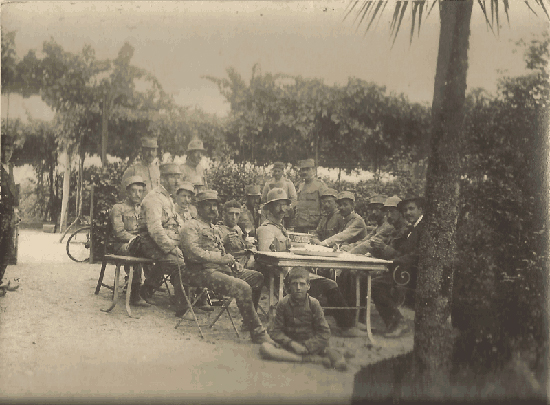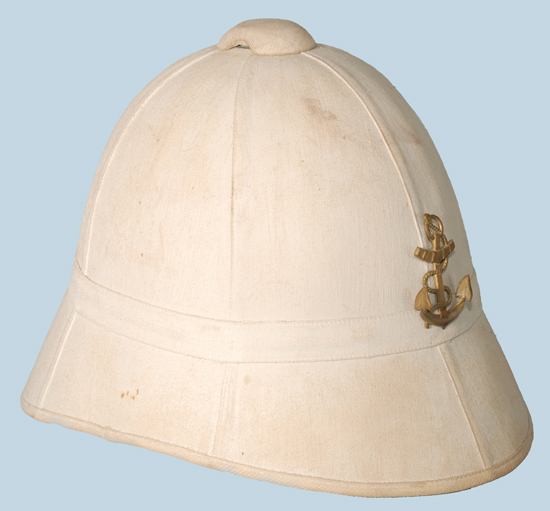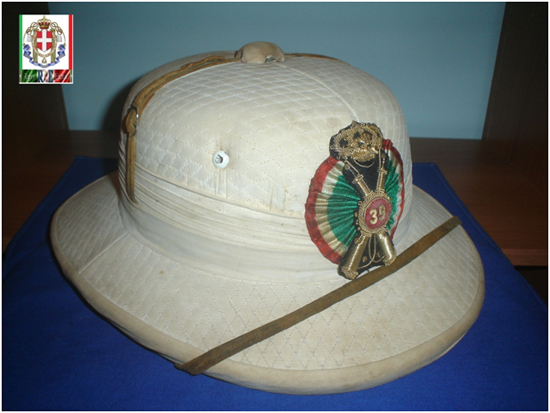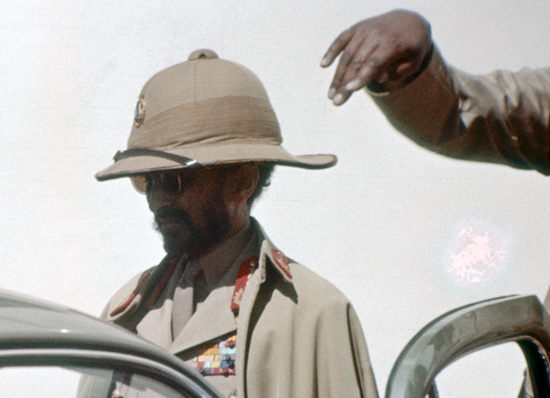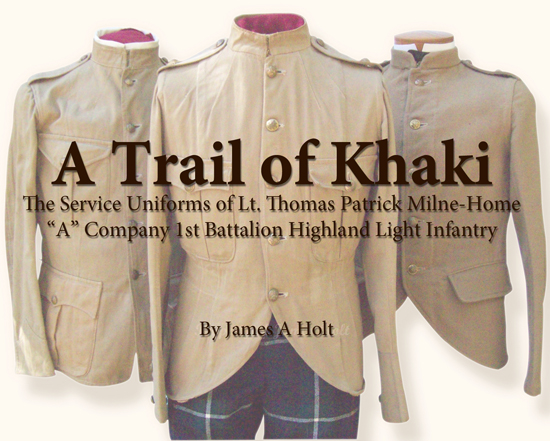The fall of the Portuguese Monarchy, on October the 5th 1910, brought about deep changes in Portuguese military uniforms. The very first measure, taken as early as October the 8th, was the abolishment of the use of royal crowns on the uniforms. In most uniform items, the royal crowns could simply be disassembled, but that was not always so. In buttons, the crowns had to be filed and in helmet front plates, they had to be cut. Most of the surviving helmets keep their front plates complete, so it is likely that this type of headdress was scarcely worn in the early days of the Republic. Continue reading
Category Archives: Africa
The French Colonial Pattern Helmet
Just at the colonial pattern sun helmet remains an iconic image of Britain’s “Soldiers of the Queen,” this style helmet was worn by the French forces in far flung conflicts. And whereas the British pattern seemed to evolve with numerous nuances and differences in a plethora of patterns and variations, the French military relied on basically two colonial patterns. Continue reading
Desert Stories: Helmet of Captain Emilio Casalgrandi
Haile Selassie I and the Wolseley Helmet
Ethiopia, or Abyssina as it was unknown until modern times, was unique in Africa in that it was the oldest Christian nation on the continent but also in the fact that until 1936 had been – along with Liberia – the only nation to retain its independence. The Ethiopian military, which looked to modernize following internal struggles that began during the First World War and continued into the 1920s.
With the aid of Swiss, Belgian and Swedish volunteers the army modernized and this included adopting European style uniforms and headgear, notably Wolseley helmets – likely original British surplus and later British supplied versions. What is notable about the use of these helmets is that it actually continued until Emperor Haile Selassie was deposed in 1974. Continue reading
Wolseley in Zimbabwe
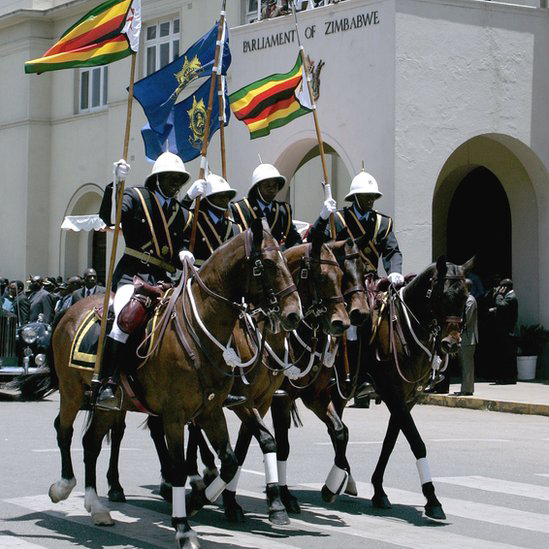
In Zimbabwe’s capital, Harare, presidential guards on horseback trot past parliament at its official opening by President Robert Mugabe.
While the legacy of Cecil Rhodes has been mostly washed away in the nation of Zimbabwe, formerly the unrecognized state of Rhodesia, one element of the colonial past remains – the use of the Wolseley helmet. This particular pattern of helmet had been used by South African and Rhodesian colonial forces during the First World War. Continue reading
Italian Straw Helmets
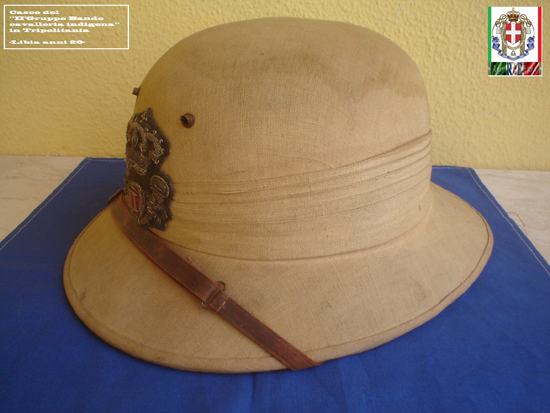
An Italian straw helmet produced by Radiconcini in Rome likely in the 1920s. This example features the “Light Cavalry” badge for the 2nd Irregular Native Troops in Libya. It is made in three layers : cotton gauze, aluminum insulation and straw.
A closer look at some Italian straw-made helmets from the Inter-war and World War II era. Continue reading
A Trail of Khaki
Thomas Patrick Milne-Home
Born: 1875
Died: 1956
Commissioned: 1st Battalion Highland Light Infantry 6 March 1895
Lieutenant: 3 February 1898
Captain: 1 April 1901
Milne-Home saw service in Crete, 1898, and in the Anglo Boer War, 1899-1901, where he was present at the Battle of Magersfontein (11 December 1899), Retief’s Nek (23-24 July 1900), the skirmish at Wittpoort (14 August 1900), was wounded in action at Dewetsdorp (23 November 1900) and Court Martialed 29 January 1901 for “Shamefully delivering up a post.” Exonerated, reinstated, and promoted to Captain April 1901. Battalion strength upon Embarkation October 23 1899 was 1,111 all ranks. Continue reading

